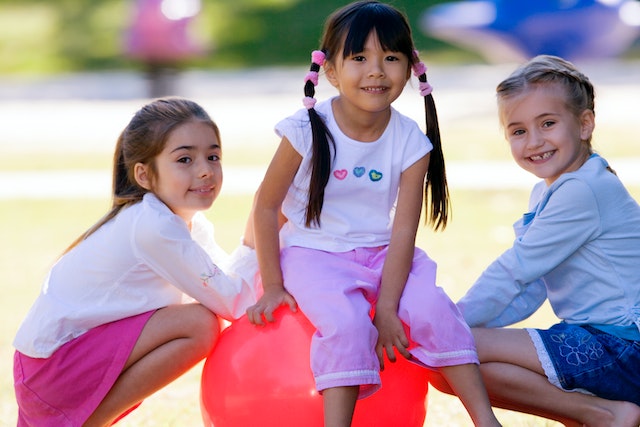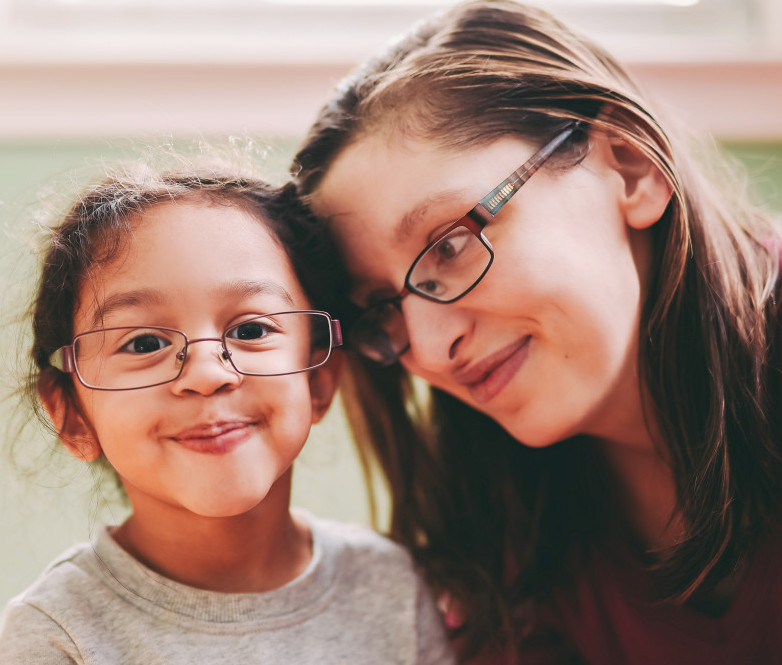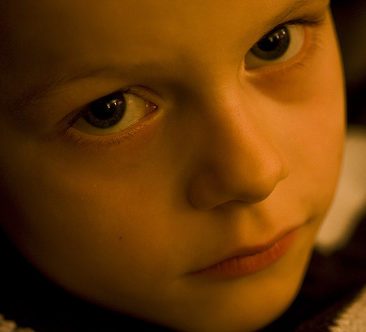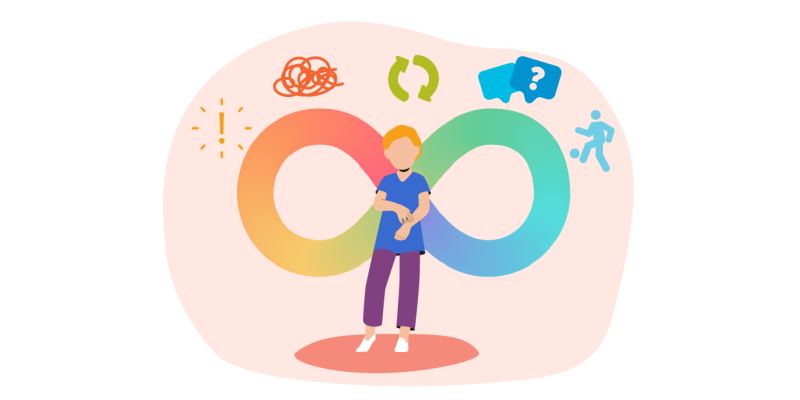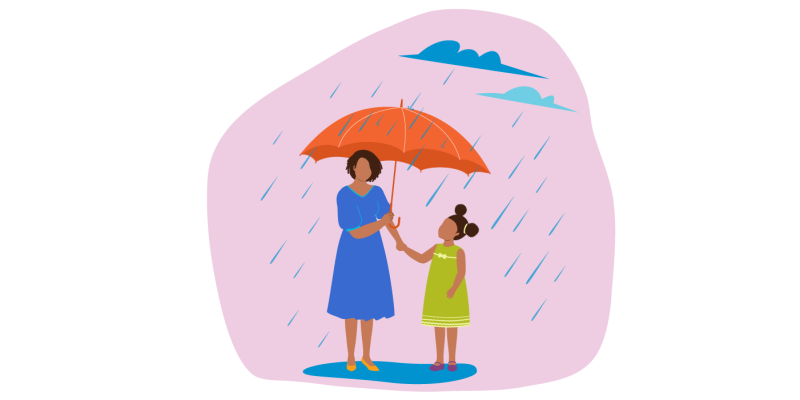
Positive Parenting Tips: Toddlers (2–3 years old)
Parenting toddlers ages 2 to 3 is a whirlwind of discovery, big emotions, and rapid development. At this age, children are learning to express themselves, assert independence, and make sense of the world around them—all while still needing comfort and Read more >>
